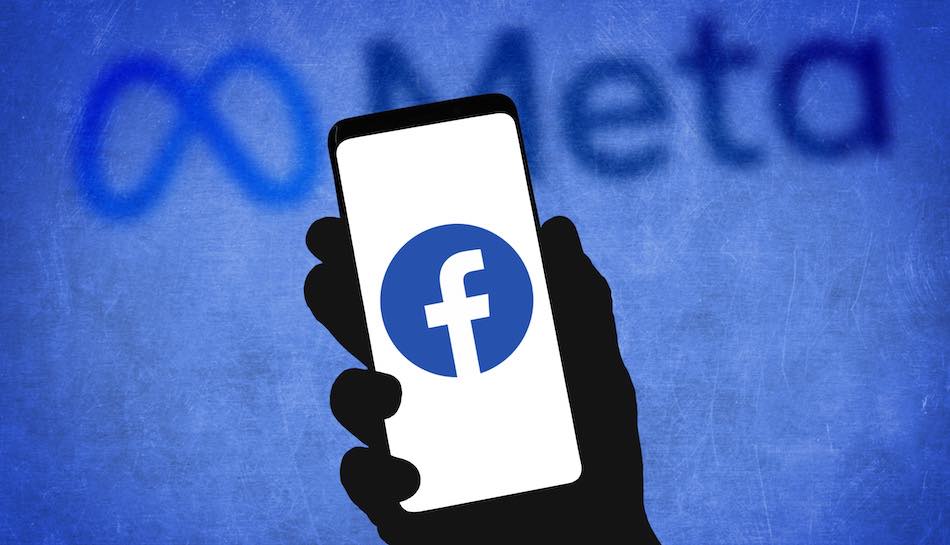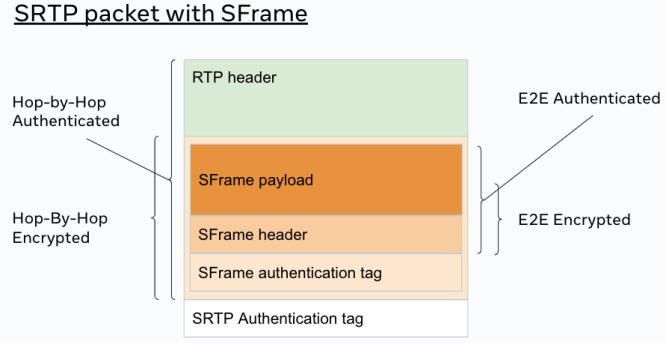
European police chiefs, backed by Europol, voiced strong concerns over the deployment of end-to-end encryption (E2EE) across digital communication platforms, specifically those announced recently by Meta, concerning Facebook, Messenger, and WhatsApp.
Europol fears these privacy measures could severely hamper law enforcement’s capability to combat and prosecute serious crimes, including child sexual abuse, terrorism, and human trafficking.
In December 2023, Meta announced the introduction of E2EE on the Facebook website and the Messenger app based on the Signal protocol. This introduced strong protection to over a billion users.
In early March 2024, Meta announced that in the context of achieving compliance with the EU’s new Digital Markets Act (DMA) legislation, it would roll out significant interoperability updates to its communication platforms, making it possible to maintain end-to-end encryption under all circumstances, even when users exchange messages with other, third-party apps.

Meta
The law enforcement authorities in Europe find this deeply concerning for their capability to fight crime by analyzing large volumes of metadata. The appeal for action was formalized in a Joint Declaration, which lays out a critical crossroads faced by the relationship between law enforcement agencies and the tech industry.
Historically, tech companies have played a pivotal role in aiding police investigations by providing data on suspects under lawful requests. This collaboration, according to Europol, has been instrumental in proactively detecting illegal activities on their platforms—efforts that have protected thousands of children from abuse and led to numerous arrests.
The declaration emphasizes that the rollout of end-to-end encryption threatens to undermine these efforts by preventing companies from effectively responding to lawful authorities and from identifying or reporting illegal activities. This inability to view encrypted communications could create “spaces that are beyond the reach of law enforcement,” a situation historically not tolerated by societies, as highlighted by the misuse of such anonymity on the dark web.
Europol’s Executive Director, Catherine De Bolle, highlighted the gravity of the situation, stating, “Our homes are becoming more dangerous than our streets as crime is moving online.” She stressed that securing the digital environment is imperative for law enforcement and justice systems to function effectively.
The Joint Declaration calls for a balanced approach that does not pit cybersecurity and privacy against public safety. It suggests that technical solutions are available but require flexibility and cooperation from the technology industry and governments. The chiefs are advocating for a “security by design” approach that ensures platforms’ capability to identify, report, and, under lawful authority, act on harmful and illegal activities.
The declaration ends with a call to democratic governments to establish frameworks that support law enforcement’s needs to keep the public safe, stressing the urgent need for solutions as offenders increasingly leverage technology to exploit victims and evade justice.
This stance has sparked heated discussions numerous times, as weakening E2EE by giving law enforcement backdoors to fight crime proactively means eliminating all security for people’s communications.
The existence of backdoors on communication platforms could allow malicious actors to discover and leverage them even if they’re not authorized. Moreover, it leaves people unprotected against oppressive governments with poor human rights records. Additionally, a backdoor of this type is hard to control to ensure that those privileged to access it are consistently using it legally and ethically.
Finally, introducing a backdoor on popular communication platforms would undermine user trust, pushing them to adopt alternative platforms that may end up in gray legal areas or be even more insecure.


I was surprised by the tone of this article up until the last two paragraphs since it sounded like RestorePrivacy was merely paraphrasing the government’s case for AntiPrivacy.
Yes, E2EE encryption makes it much harder for BigTech and governmental agencies to detect illegal activity in our communications. But the lack of cameras in our homes and on our persons make it much harder for BigTech and governmental agencies to detect illegal activity in our actions. If there were a lens in every corner with AI analyzing every frame, then nearly every crime could be solved and some crimes even prevented!
And of course our privacy would be perfectly preserved. AI would only send our audio/video to the authorities if it interprets something we say/do as being on the list of suspect activities. And random samplings to their own employees/contractors for QA review. And anyone who sneaks in a back door or abuses their access. And anyone who breaches the system’s security. But no one else.
Next headline:
Europol Issues Urgent Call Against Removal of Cameras from Homes
You mean like…PERSON OF INTEREST
Where a billionaire software genius who builds a computer system for the U.S. government after September 11, 2001, called the Machine. Which monitors all electronic communications and surveillance video feeds in order to predict future terrorist activities.
Then a second advanced artificial intelligence called Samaritan was revealed. Samaritan differs from the Machine in being open to external direction and willing to remove those seen as disruptive to law and order pre-emptively.
Samaritan, which is seeking to resolve perceived problems of human violence by reshaping society, sometimes violently. Samaritan and the Machine meet via human proxies as the only two of their kind, and discuss their essential differences, disagreeing strongly on whether freewill or firm guidance is more beneficial to humanity.
People steal and lie sometimes for sport. People don’t take the time to raise their kids but want the schools to do it. Change this attitude, change the schools. Where the debate and science clubs are rated higher than any sports department – all to equal the relationships these future men and women will share. Girls are seen as second class citizens all through grade and high school. Why?
The trouble with Headlines, they appear after the fact…not as much in the planning and launch faze. As, technology triumphs but, often understates and plays on our human weakness in the comprehension of furture consequences, to that of the present day conceptual knowledge in an undertaking of change.
Take an example such as, Synthetic biology.
(SynBio) is a multidisciplinary field of science that focuses on living systems and organisms, and it applies engineering principles to develop new biological parts, devices, and systems or to redesign existing systems found in nature. ring paradigm of systems design to biological systems. According to the European Commission, this possibly involves a molecular assembler based on biomolecular systems such as the ribosome.
Ribosomes are macromolecular machines, found within all cells, that perform biological protein synthesis (messenger RNA translation). Ribosomes link amino acids together in the order specified by the codons of messenger RNA molecules to form polypeptide chains.
Is SYNBIO the Frankenstein (monstrous creation) in the room?
Think abstract, in the marriage of AI – machine – nature – dna.
DNA as a storage device for information has enormous potential since it has much higher storage density compared to electronic devices. However, high costs, slow read and write times (memory latency), and insufficient reliability has prevented its practical use for now.
Wow hits at the roots of personal digital privacy. To be safe or not to be safe. Society benefits worldwide against the world crime in touching our lifes and homes wherever that is.
Seems with efforts or maybe AI being involved the encryption software/firmware compaines need to have flags or algorithms in place for words, groups of words, paragraphs that are associated to crime.
Refusal to encrypt the flagged contents of said correspondence in whole or parts being flagged.
Something big to debate that’s for sure.